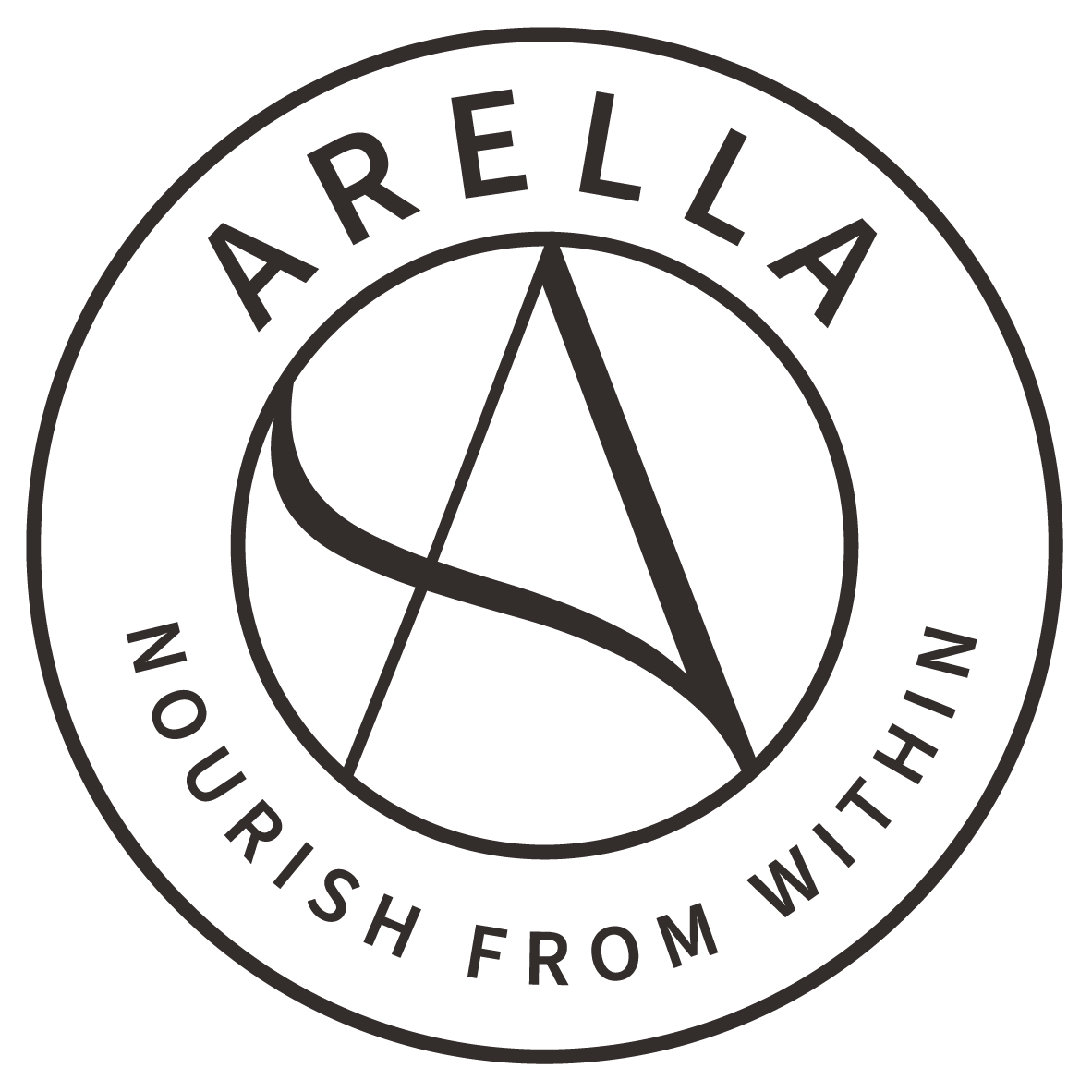Joint comfort plays a huge part in how freely we move through daily life - from walking to exercise, or simply feeling at ease in our own bodies.
Over time, it’s normal to notice that flexibility and ease of movement don’t come quite as effortlessly as they once did.
Collagen is one of the key proteins that help keep our joints feeling supported. It strengthens the connective tissues that cushion and stabilise our movements, promoting comfort and flexibility.

When the body’s collagen production naturally slows with age, it can help to support these levels through targeted nutrition.
At Arella, we believe in supporting the body’s natural balance with gentle, effective ingredients.
In this article, we’ll look at how collagen supports joint health, what types are most beneficial, and how plant-based formulations - like Arella Collagen - can help maintain comfort and mobility in a natural, sustainable way.
Is Collagen Good for Joints? Why Collagen Matters
Collagen is vital for maintaining strong, flexible joints. It forms the framework of cartilage, tendons, and ligaments - the connective tissues that act as shock absorbers and stabilisers around your bones.
When collagen levels are healthy, joints glide smoothly with each movement. But as we age, natural collagen production begins to slow, which can lead to stiffness, discomfort, and reduced mobility over time.
Cartilage, which relies heavily on collagen for structure, begins to thin and lose elasticity. This makes it less effective at cushioning the joints, resulting in friction and soreness.
Collagen also supports the integrity of tendons and ligaments, which can weaken as production drops, increasing the risk of strain or injury.
Several clinical studies suggest that collagen supplementation can help support joint comfort and mobility. Research indicates that hydrolysed collagen peptides contain bioactive components that may reach joint tissues and protect cartilage.
A review published in Nutrients notes that these peptides “may contain biologically active sequences that are able to reach joint tissues and exert chondroprotective effects,” helping to maintain cartilage integrity.
In a randomised, placebo-controlled trial involving 182 adults with knee or hip discomfort, daily supplementation with 5 g of specific collagen peptides over 12 weeks led to a significant reduction in joint pain and improved physical function compared to placebo.
A recent meta-analysis also reported that collagen peptides were associated with meaningful pain relief and improved mobility in people with knee osteoarthritis, though further research is encouraged to confirm these effects across wider populations.
For active individuals, collagen may also play a supportive role by helping to maintain connective tissue strength under physical stress.
Together, these findings suggest that collagen supplementation can contribute to joint comfort and resilience when used consistently as part of a healthy lifestyle.
What Type of Collagen Is Best for Joints
Different types of collagen serve different functions throughout the body, and when it comes to joint health, Type I and Type II are the most important.
Type I collagen is the most abundant and provides structure and strength to tendons and ligaments, helping to stabilise joints.
Type II collagen is found in cartilage and acts as a cushioning material between bones, allowing smooth and pain-free movement.
Most collagen supplements are formulated to support one or both of these functions.
Hydrolysed collagen peptides, for instance, are broken down into smaller chains of amino acids that the body can easily absorb and use to build new connective tissue.

Plant-Based Collagen and Joint Support
If you follow a plant-based lifestyle or simply prefer to avoid animal-derived supplements, you don’t have to miss out on collagen’s benefits.
Traditional collagen supplements are often derived from animal tissue, but scientific innovation now makes it possible to replicate human collagen entirely from plant-based sources.
VeCollal® - the active ingredient in Arella Collagen - is formulated using a precise sequence of amino acids that identically mirrors human collagen - molecule for molecule.
This creates a bio-identical, vegan alternative designed to deliver the same functional benefits without relying on animal ingredients.
Arella Collagen pairs VeCollal® with a carefully selected blend of nutrients that enhance collagen activity, protect connective tissue, and support joint comfort and mobility:
● Panax Ginseng may boost Type I collagen production and reduce collagen breakdown. Its anti-inflammatory effects can also help ease joint discomfort.
● Retinol (Vitamin A) supports collagen formation, aids tissue repair, and promotes healthy skin and connective tissue.
● Biotin contributes to hydration, elasticity, and overall tissue resilience.
● Hyaluronic Acid, derived from plant-based fermentation, helps lubricate joints and maintain flexibility.
● Vitamin C is essential for collagen synthesis and provides antioxidant protection for joint tissues.
● Niacin (Vitamin B3) supports energy metabolism and helps maintain healthy connective tissue.
Together, these ingredients create a synergistic blend that helps the body maintain strong, flexible joints while also supporting healthy skin, hair, and overall vitality.
Arella’s formulation is vegan-friendly, free from gluten, soy, and dairy, and designed to support wellbeing in a clean, sustainable, and ethical way.
Further reading: Is liquid collagen a better option than collagen powder?
How to Support Joint Health Naturally
While collagen plays a major role in joint health, it works best as part of a balanced lifestyle.
Gentle, regular movement keeps joints lubricated and prevents stiffness, while low-impact exercises like swimming, cycling, and yoga strengthen supporting muscles without adding strain.
Diet also matters. Foods rich in vitamin C - such as oranges, strawberries, and bell peppers - help the body produce collagen naturally.
Omega-3 fatty acids from chia seeds, flaxseeds, and walnuts support joint lubrication and reduce inflammation.
Staying hydrated helps maintain the fluid that cushions your joints, and a diet high in antioxidants can reduce oxidative stress, which is linked to joint wear and tear.
When combined with consistent collagen supplementation, these habits can make a real difference in how your joints feel and function each day.

Reclaim Mobility and Flexibility with Collagen
Collagen is one of the body’s essential building blocks for healthy, comfortable movement.
It keeps joints strong, flexible, and well-cushioned, helping you stay active and mobile at every age.
As natural production slows, supplements can provide valuable support - and with scientifically backed plant-based collagen for joints as an alternative now available, it’s easier than ever to care for your joints in a way that aligns with your lifestyle and values.
If you’re ready to make collagen part of your daily routine, consistency is key - and our 28-day subscription makes it easy to stay on track while saving money.
You’ll receive Arella Collagen delivered regularly to your door, so you never miss a day of joint, skin, and overall wellbeing support.
FAQs
Does collagen actually help joints?
Yes. Research shows that collagen supplements can improve joint comfort, support cartilage structure, and increase flexibility. Regular use encourages the body to rebuild its own collagen network, leading to smoother and more stable joint movement.
How long does it take for collagen to improve joints?
Most people begin noticing results within 8 to 12 weeks of consistent supplementation. Improvements in flexibility and reduced discomfort tend to build gradually with continued use.
How much collagen do you need a day for joints?
Clinical studies typically recommend between 5–10 grams of collagen peptides per day for joint health. Always follow product-specific guidance, as formulations vary. For plant-based collagen alternatives, consistency and pairing with vitamin C can help maximise results.
Does vegan collagen help joints?
Yes. Arella Collagen contains VeCollal®, a plant-based formulation that replicates human collagen’s amino acid structure. This bio-identical profile allows it to deliver the same functional benefits for joint comfort and flexibility as traditional collagen, without relying on animal sources.





